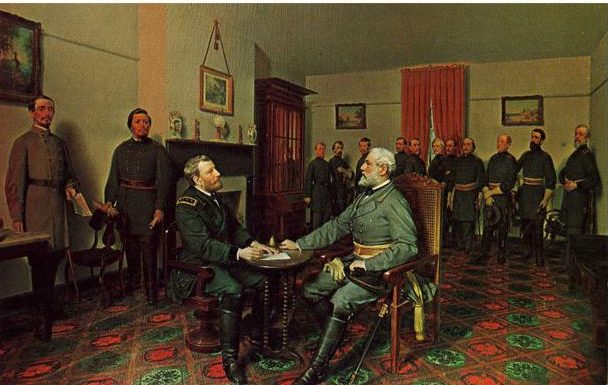
In Defense of History
by Sara GabbardIn Defense of History Sara Gabbard Daniel Boorstin, Pulitzer Prize winning historian and Librarian of Congress, once said that “trying to plan for the future without a sense of the past is like trying to plant cut flowers.” A statement from John Adams expresses the passage of time and the resulting changes: “I must […]
Read More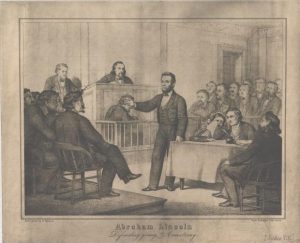
Lincoln the Inquirer: An Interview with M. Kelly Tillery, Esq
by M. Kelly Tillery, Sara GabbardLincoln the Inquirer: An Interview with M. Kelly Tillery, Esq Sara Gabbard Sara Gabbard: Please explain your conclusion that Abraham Lincoln was inquisitive at an early age. M. Kelly Tillery: A number of people who knew Lincoln as a boy and young man remarked on his voracious appetite for information about anything and everything. Herndon’s […]
Read More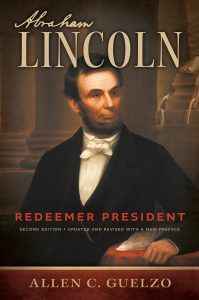
Abraham Lincoln: Redeemer President, An Interview with Allen Guelzo
by Allen C. Guelzo, Sara GabbardAbraham Lincoln: Redeemer President An Interview with Allen Guelzo by Sara Gabbard Sara Gabbard: Please explain the circumstances of this new edition of your book. Allen Guelzo: I have to answer this a little shamefacedly. I did it with a question. Four years ago, I was delivering a lecture on Lincoln in Grand Rapids, Michigan, […]
Read More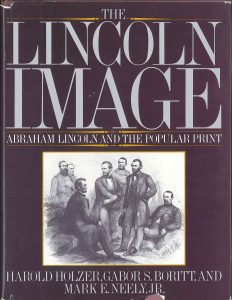
History as Portrayed in Art: An Interview with Harold Holzer
by Harold Holzer, Sara GabbardHistory as Portrayed in Art: An Interview with Harold Holzer Sara Gabbard Sara Gabbard: Please explain the circumstances under which you and your co-authors (Gabor Boritt and Mark Neely, Jr.) undertook this enormous project. Harold Holzer: Back in 1982—it’s hard to believe it was 40 years ago!—the three of us began discussing Lincoln engravings and […]
Read More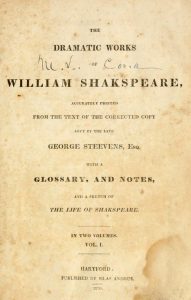
Lincoln & Poetry
by Sara GabbardLincoln & Poetry Sara Gabbard In any scholarly biography of Abraham Lincoln, a reader will find countless references to this prairie lawyer’s love of poetry. I’m not sure that biographers will ever come up with a definitive explanation for this passion. Lincoln’s law partner William Herndon told the story that, once when they were on […]
Read More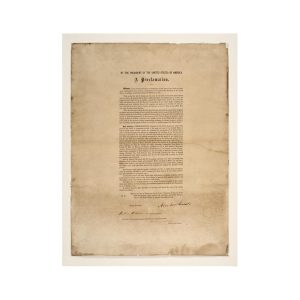
Redeeming The Great Emancipator: The Harvard University Lecture, An Interview with Allen Guelzo
by Allen C. Guelzo, Sara GabbardRedeeming The Great Emancipator the Harvard University Lecture An Interview with Allen Guelzo by Sara Gabbard Sara Gabbard: What were the circumstances surrounding your Lecture titled Redeeming the Great Emancipator. Allen Guelzo: That requires a long answer. Redeeming the Great Emancipator really began in 2004, when I published Lincoln’s Emancipation Proclamation: The End of Slavery […]
Read More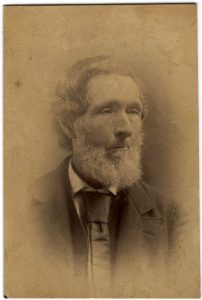
Herndon’s Informants: An Interview with Douglas Wilson
by Douglas L. Wilson, Sara GabbardHerndon’s Informants: An Interview with Douglas Wilson by Sara Gabbard Sara Gabbard: This had to have been an enormous project. What first led you to undertake the task? Douglas Wilson: I had been working on Thomas Jefferson for several years, mostly having to do with his early reading and education, the formation of his […]
Read More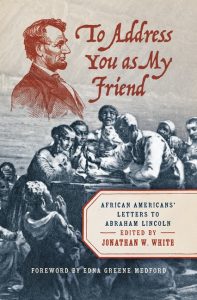
An Interview with Jonathan W. White
by Jonathan White, Sara GabbardAn Interview with Jonathan W. White by Sara Gabbard Sara Gabbard: Please describe the Center for American Studies at Christopher Newport University. Jonathan White: The Center for American Studies is a group of faculty on campus who seek to help students gain a better understanding of American history and political thought. Every year we […]
Read More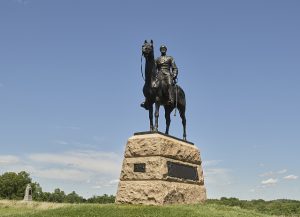
Memories: An Interview with Harold Holzer
by Harold Holzer, Sara GabbardMemories: An Interview with Harold Holzer Sara Gabbard: Recent questions about the fate of various Civil War memorials raise several obvious questions. Is there a profound difference between possible sites for statues; e.g. public vs. private property? Harold Holzer: To me, yes, there is a difference: private sites can display what their owners want to […]
Read More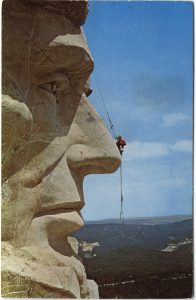
An Interview with Richard Etulain
by Richard Etulain, Sara GabbardAn Interview with Richard Etulain regarding his new book Abraham Lincoln: A Western Legacy Sara Gabbard: Please explain the series on South Dakota history which this book represents: Richard Etulain: This book is part of the South Dakota Biography Series published by the South Dakota Historical Society Press. In 1997, the ambitious and diligent editor, […]
Read More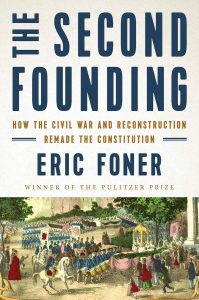
An Interview with Eric Foner about his new book: The Second Founding: How the Civil War and Reconstruction Remade the Constitution
by Eric Foner, Sara GabbardSara Gabbard: Please explain the significance of the fact that “Congress shall have power to enforce this article by appropriate legislation” was added to the 13th, 14th, and 15th Amendments. Eric Foner: The fact that each of the Reconstruction amendments ends with a section empowering Congress to enforce its provisions illustrates the radical change in […]
Read More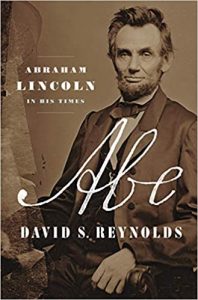
Interview with David S. Reynolds regarding his new book “Abe: Abraham Lincoln in His Time”
by David S. Reynolds, Sara GabbardSara Gabbard: You excel in putting historical figures into the context of their times. In terms of date of birth, Abraham Lincoln was born on the cusp between Enlightenment and Romanticism. Were there traces of both in his life? David Reynolds: He was shaped by both movements. From the Enlightenment, he derived his interest in […]
Read More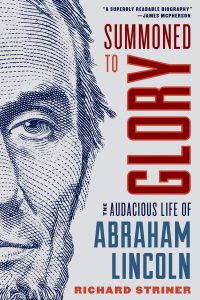
An Interview with Richard Striner
by Richard Striner, Sara GabbardAn Interview with Richard Striner regarding His New Book: Summoned to Glory: The Audacious Life of Abraham Lincoln (Rowman & Littlefield, 2020) Sara Gabbard: The obvious first question should be about your use of the word Audacious in the title. When did you first realize that this word represented the conclusions of your study? Richard […]
Read More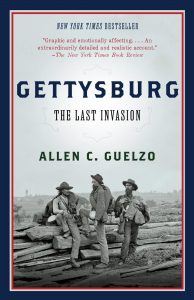
An Interview with Allen Guelzo
by Allen C. Guelzo, Sara GabbardSara Gabbard: When you are “on the road” lecturing about Lincoln and the Civil War, what questions do members of the audience ask most frequently? Do responses from your students reflect the same interests? Allen Guelzo: Far and away, the most-frequently-asked question I encounter from audiences is, “Would things have been different if Lincoln had […]
Read More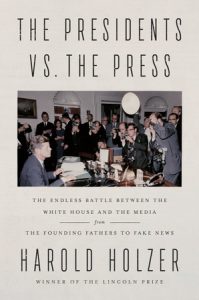
An Interview with Harold Holzer Regarding His New Book The Presidents vs. the Press
by Harold Holzer, Sara GabbardSara Gabbard: When in relationship to the timing of writing your marvelous Lincoln and the Power of the Press did you decide to write a book which would explore “the Endless Battle between the White House and the Media from the Founding Fathers to Fake News? Harold Holzer: The idea first struck me during the […]
Read More- 1
- 2
